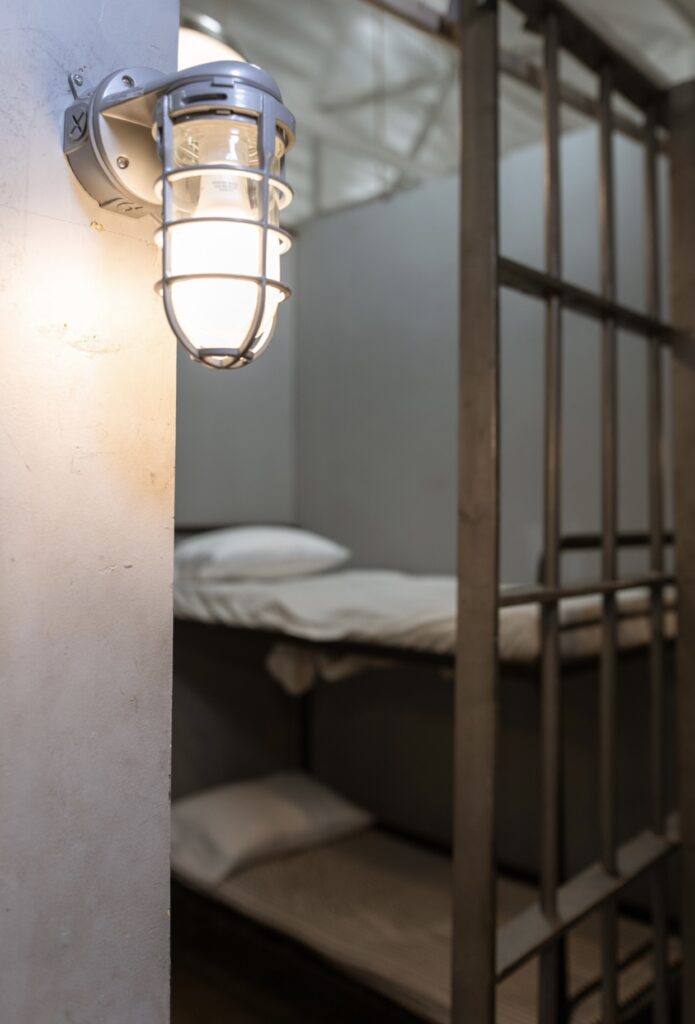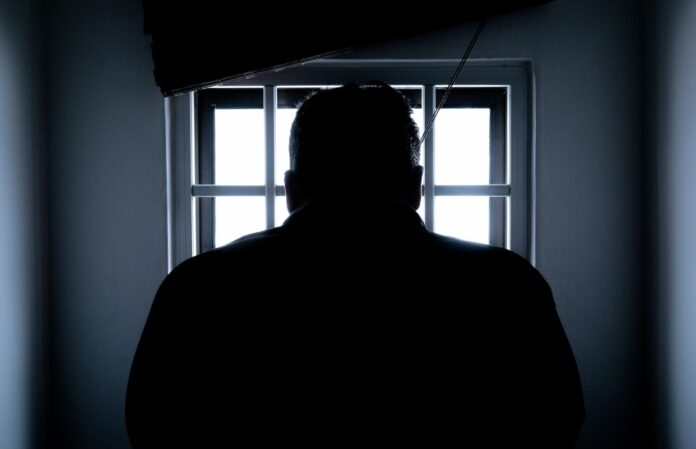By Polina Pallieraki,
Since ancient times, the role of punishment in society has been a major topic of discussion. A pioneer for his time, Plato in section 6 of his work “Protagoras” raises questions about the role of punishment and its educational or non-educational character. He expresses groundbreaking views, which negate the vengeful nature of the sentences and lay the foundation for the creation of a justice system aimed at imprisonment and education, which are embraced by even more modern philosophers.
All of the above views are, of course, accepted by the vast majority of people in modern societies. The purpose of education is to achieve imprisonment, which means the deprivation of liberty, as an absolute form of social control. However, in Greece, the theory is far from reality. In Greek prisons, a multitude of problems arises that lead to the abolition of their penitentiary and pedagogical character, with the result that prison becomes merely a punishment, a place of inactive people, for the simple removal of criminals from society, and not a means of restoring activity.
Overcrowding of prisoners
In our country, the phenomenon of overcrowding in prisons is appearing intensely. The main factor that leads to overcrowding is located in the way of administrating Greek justice. Imprisonment ideally, should be applied as the last sentence, while at the same time the size of the sentence should be calculated just as strictly. However, the above is far from reality. This structural problem has been observed since 1926 when relevant statistics began to be published. To date, efforts have been made by lawmakers to draft a penitentiary code capable of dealing with the issue, but no improvement has been observed. On the contrary, the problem has intensified, as shown by the latest measurements, according to which the percentage of prison overcrowding in Greece is estimated at 102,6%, a figure that proves the fact that Greek prisons have exhausted their capacity. This percentage even ranks 9th place of the most densely populated prisons in the European Union. In order for penitentiary programs to achieve the education of the perpetrators and the detention facilities to function properly, a necessary prerequisite is the maintenance of legality on the part of both the detainees and the penitentiary staff. The relations between the staff and the detainees, and especially the latter, are characterized by lawlessness and delinquency. There is a tendency for prisoners to take power into their own hands and “the strongest to impose themselves on the weakest”. Thus, prisons instead of serving their penitentiary purpose, become a center of corruption and reproduce violence.

Inadequate living conditions
The conditions under which inmates serve their sentences are in sharp contrast to both the primary purpose of imprisonment as a human penitentiary system and to constitutional rights. As former inmates testify that detention conditions are inhumane and have led many prisoners to protest through hunger strikes. In addition, due to the overcrowding of the prisons, each detainee seems to have 3 inmates, which limits his movements – two people sleep in one bed, while many times someone is hosted on the floor. Moreover, many prisoners who were students, were not provided with the material and technical infrastructure to attend their school lessons, thus depriving them of their right to education, which is the main means of imprisonment and social reintegration of a person held in prison. At the same time, there is a tendency not to try to separate the inmates according to their particularities. This non-segregation is observed in both men’s and women’s prisons, in violation of article 11 of the Penitentiary code. An inevitable result of the above dysfunction is the phenomenon of institutionalization, which means the tendency of inmates to create a small society of their own inside prison.
Dysfunction of the social reintegration program
The most important step towards fulfilling the rehabilitative character of the incarceration is the actions aimed at the smooth reintegration of the former convict into society. During the confinement, the prisoner experiences a great change in his environment and he is cut off from his family and social environment, he is unable to practice his profession, and mainly suffers from moral stigma and cultural prison team. Incarceration deters detainees from the labor market and the possibility of vocational training. The fact that they were sentenced to deprivation of liberty makes them criminals and therefore, unreliable. Consequently, the ex-convict is unable to create new living conditions for himself and almost instinctively, to ensure his survival, is led to the recurrence of criminal acts.
Imprisonment is one of the most accepted ways to fight lawlessness in modern societies, as it manages not only to remove criminal elements from them and prevent potential criminals as means of threat but also fulfills humanitarian purposes. The focus is on the person, and the goal of the incarceration is mainly the education of the perpetrator and the reshaping of his character. Thus, it is necessary to provide training in various fields, so that prisoner is not completely cut off from the developments, to creatively use the time he has inside the prison, and to acquire new skills, useful for the new beginning of his life.
References
- Τζώρτζη Χρ., Σωφρονιστικό Σύστημα: Η ελληνική πραγματικότητα, SocialPolicy.gr, Available here
- Τσάγκα, Σμ., Φυλακή: Σύστημα σωφρονισμού ή τιμωρίας, The Safia blog, Available here




